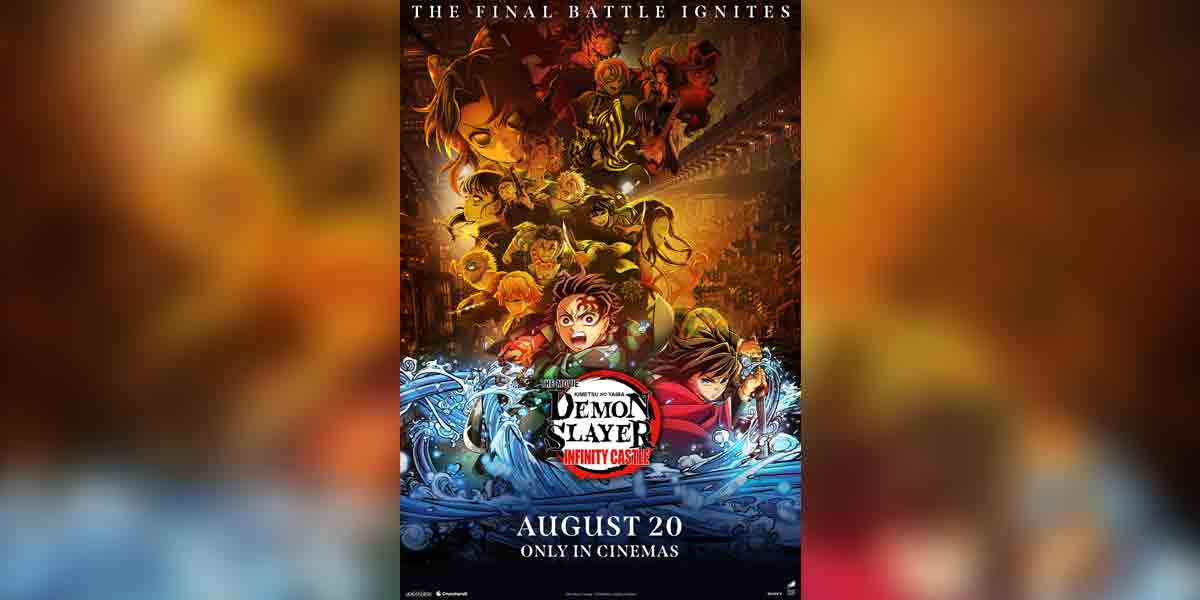By Titus Villanueva
We’ll take a step back from the world of the forty-first millennium and take a look at some others.
I’ve often been asked about what it really means to play Warhammer 40k, and I always reply with “It’s like Dungeons & Dragons on steroids.” and in a way it is, because it’s all about translating your imagination onto the tabletop. Most people will remember the opening to the pilot episode of Stranger Things where a few kids sit at a table for ten hours imagining that they’re heroes exploring a dungeon in some far away land. This type of game was once commonly associated with geek culture, which was more of a counter-culture back in the eighties than an actual demographic.

Today, almost everyone in the gaming community is familiar with games like Dungeons and Dragons and Call of Cthulu in which players take on a role and play it to the best of their knowledge, very much like characters in a play, except in the absence of a script.
The game works in such a way that while each player directs the actions of their character, the world is played by one who is designated as the game master (keeper, dungeon master or even master of ceremonies in other systems). This game master directs what happens around the players, and if one exists, builds the dungeon.

Together they forge stories and adventures, playing off each other’s decisions and motivations. I’ve seen players cheer, scream or even cry in reaction to events. I’ve even seen characters fall in love or even morph the world with their actions and decisions. It’s during these times that the world really comes alive. It’s just that immersive and it’s something that can’t be taken from a video game or a film.
Every once in a while, one of these tales will appear on a Tuesday so stay tuned for those.
























